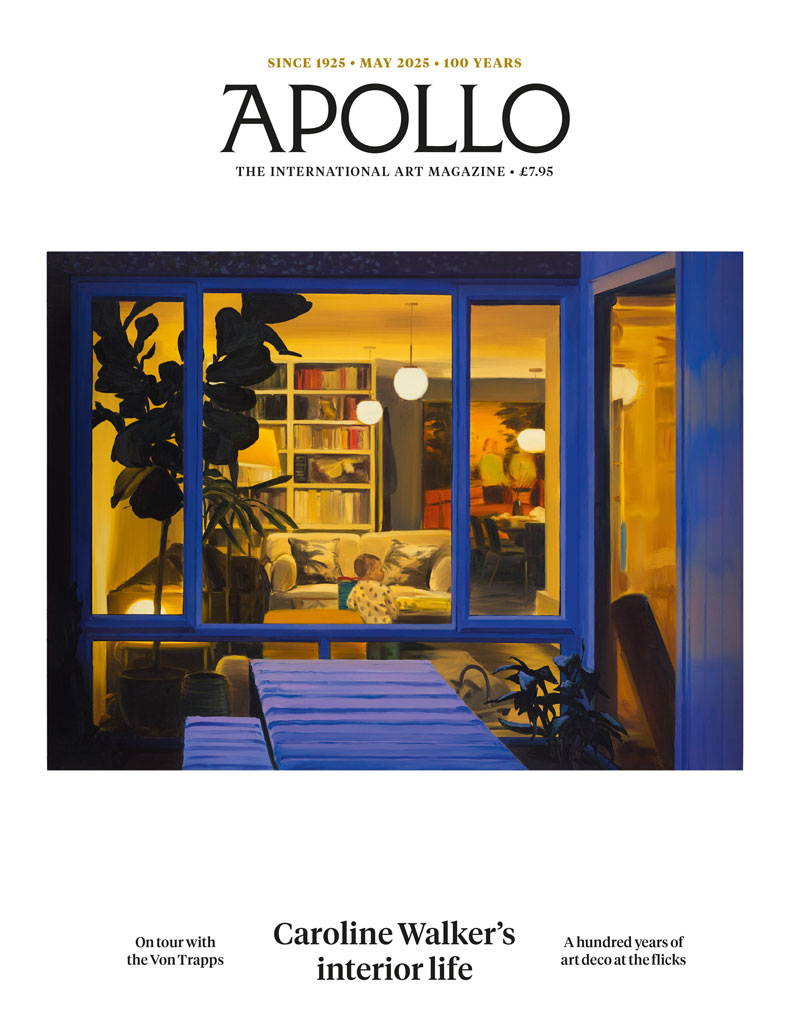Online marketplaces, digital viewing rooms and increased content on social media platforms have created new ways of engaging with and learning about art. As a result, collectors are able to make more informed decisions about the work they want to acquire.
The modern-day art ecosystem consists of online marketplaces, traditional brick-and-mortar galleries and hybrid experiences that span both the physical and digital worlds. Within this new world order, collectors are coming to expect a window into the art world’s inner workings including price transparency, additional resources and clear condition reporting. These developments provide a wealth of information and choice at the front end of an acquisition, but when it comes to sharing personal details at the time of sale, the same kind of transparency appears to be lacking.
It is now widely understood that art businesses in the UK and European Union are legally required to collect personal information from their collectors before they complete a sale. How and when they do so, however, has created incongruence in the market with different businesses interpreting these requirements differently. This directly affects the collector at the moment when they are most invested by asking them to share personal information without an industry standard around keeping their information safe.
Collectors at all levels are becoming increasingly more attuned to their rights and the vulnerability of outdated methods such as email, which continue to dominate the way in which information is sent and received. At Arcarta, we have observed this first-hand through our work with art businesses. It is also an observation supported by surveys such as the Art Basel and UBS Art Market Report 2022, which found that of the top ten concerns of high-net-worth collectors, increased regulation and identification requirements when transacting came in at number one.
There is a clear disconnect between the culture of transparency at the beginning of an acquisition and at the end. This is creating a blockage at a moment of crucial importance, which poses the question of how to create a system of green lights instead of roadblocks.
We believe that the more control the collector has when sharing their information, the better. Collectors must be provided with the ability to share information securely, instantly and globally.
As the market continues to embrace online methods of buying and selling, collectors will come to expect a certain level of assurance when sharing information. This is where technology can step in to ease the burden on both the gallery and the collector.
In an independent survey we found that when there is a secure option available, galleries are willing to use technology, as it allows them to reassure the buyer of the security of their information and protection of their privacy.
At Arcarta, we have made it our mission to remove roadblocks, constantly improving upon a foundation that centres around 3 key questions:
- Efficiency – is it immediate?
- Ease – is it intuitive?
- Instantaneous – does it save collectors time?
With the right tools in place, galleries can inspire confidence in their collectors, empowering them to control the way in which they share their information and paving the way for an industry standard.
With our experience of helping over 50,000 collectors and 370 art businesses share sensitive information, we are able to support the art market in establishing a clear framework that collectors can understand and galleries can rely upon. We are confident that by making use of available technology, the market can move from confusion to confidence, all while saving everyone time.
Arcarta is a digital platform that helps art businesses to comply and succeed with art market regulations. Find out more: arcarta.com














![Masterpiece [Re]discovery 2022. Photo: Ben Fisher Photography, courtesy of Masterpiece London](http://zephr.apollo-magazine.com/wp-content/uploads/2022/07/MPL2022_4263.jpg)
Suzanne Valadon’s shifting gaze